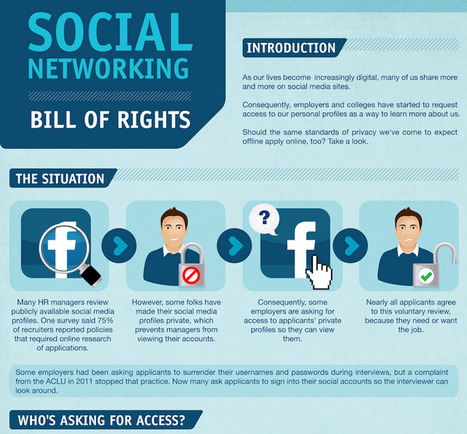"The idea of Snapchat is simple, delightfully so. Take an image or a video, send it to a friend or paramour. Ten seconds after the receiver opens the file, it self-destructs, and the sender can rest assured that no trace of the message remains. Signed, sealed, delivered, deleted.
But that’s not quite true. In December, Buzzfeed reported on a security loophole in the app, which allows one to permanently save a Snapchat file without notifying the sender. The expectation of privacy and impermanence that makes the app irresistible to young users is thus deeply flawed. And yet it remains wildly popular..."



 Your new post is loading...
Your new post is loading...



![The Sad State of Social Media Privacy [Infographic] | Eclectic Technology | Scoop.it](https://img.scoop.it/NZF2HZSwKnDQSiI7ckoN3Tl72eJkfbmt4t8yenImKBVvK0kTmF0xjctABnaLJIm9)
![Do You Share Too Much on Social Media? [INFOGRAPHIC] | Eclectic Technology | Scoop.it](https://img.scoop.it/P101U7Xj4W48A3c4TKg13Dl72eJkfbmt4t8yenImKBVvK0kTmF0xjctABnaLJIm9)







You think it's gone forever ...but not necessarily!